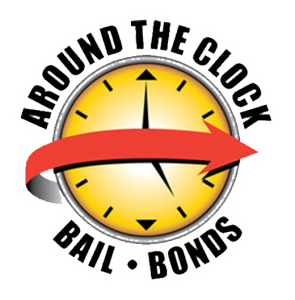What If Someone Skips Bail?
Many defendants are given the opportunity to bail out of jail depending on the severity of their crimes. However, defendants who are given bail are expected to show up for court and adhere to any other conditions of their release during trial. What happens if someone skips bail or does not adhere to the conditions of their bail?
What Does it Mean to Skip Bail?
When someone does not show up for a court appearance, that person is said to have skipped bail. In some cases, a person could be skipping bail just by leaving town or doing anything else that he or she was not authorized to do. If a judge determines that a person has skipped bail, there are many consequences that a person could face. At worst, bail could be revoked or additional conditions could be placed on that person’s bail. Bail could be increased and the person who skips bail could be subject to wearing an ankle bracelet or home confinement.
Why Shouldn’t You Harbor Someone Who Has Skipped Bail?
It is critical that you do not harbor someone who has skipped out on their bail. This is because you could be charged with a crime by providing a criminal with safe haven. Even if you think that you are doing something good for a family member or friend, you are not helping that person. Instead, you could be creating a situation where the person you are harboring could face additional charges or lose his or her freedom. In addition, it will not help make a good impression on the judge as it relates to the character of the defendant or those who are trying to vouch for that person’s character.
Contact the Bail Bonds Company Immediately
If you know someone who has skipped out on their bail, it is important to contact your bail bond company as soon as possible. Working with the bail bond company could make it possible to smooth over the situation with relevant parties in the case. Bail bondsman who are kept in the loop may be able to work with the defendant to keep that person out of jail or could help convince a judge that it won’t happen again or that the defendant simply misunderstood the terms of the bail.
Mistakes Do Happen
It is certainly possible that a defendant makes a mistake interpreting the terms of his or her bail. For example, if a defendant is expected to be home at a certain time, that person could be late due to traffic, working late or other circumstances beyond that person’s control. Making sure to keep relevant parties informed as to where you are may make it less likely that a defendant will get in trouble.
It is never a good idea to skip out on your bail. If you know someone who has skipped out on his or her bail, it is critical that you contact the bail bond company immediately to work out a solution to the problem as quickly as possible.



